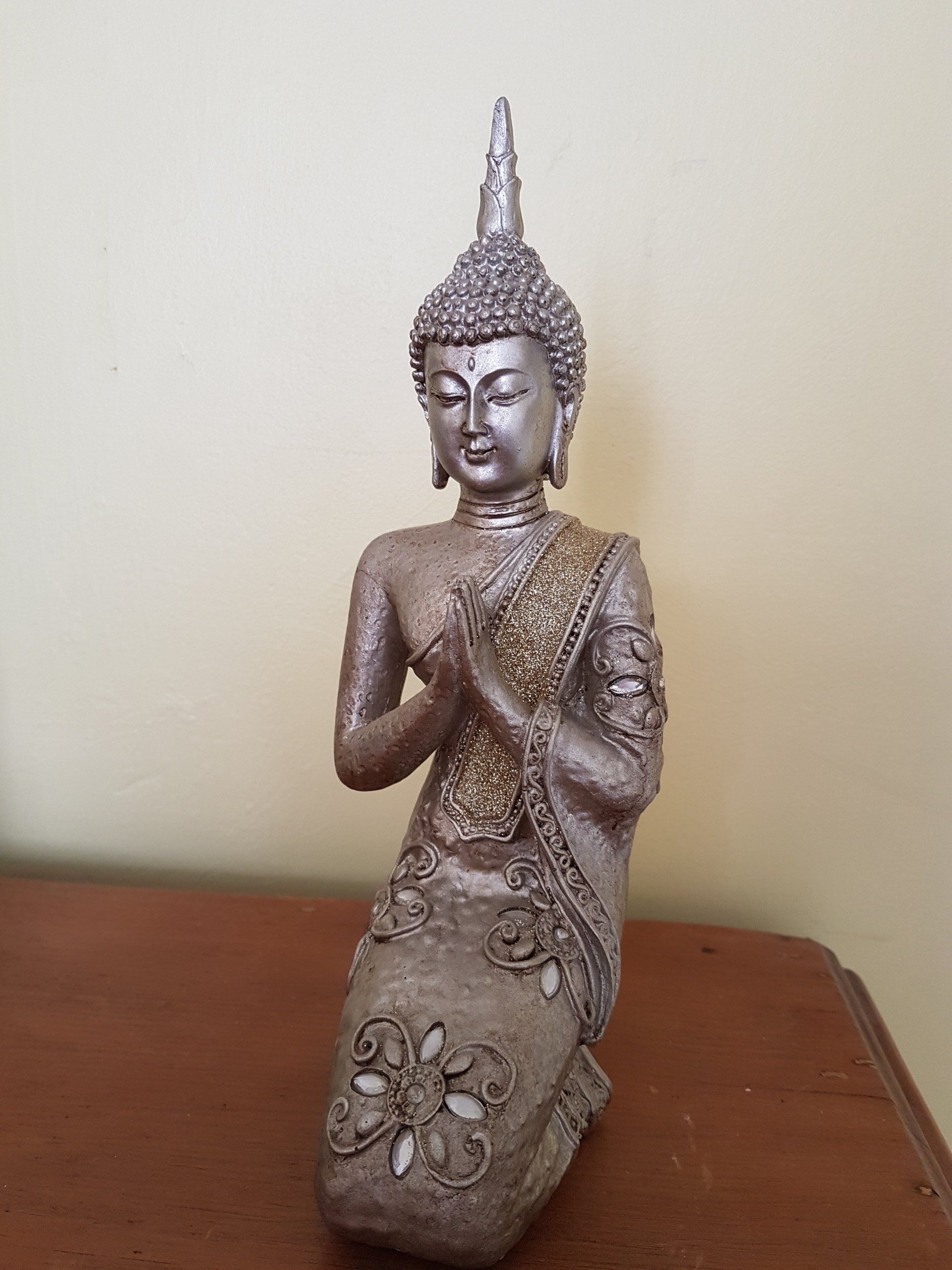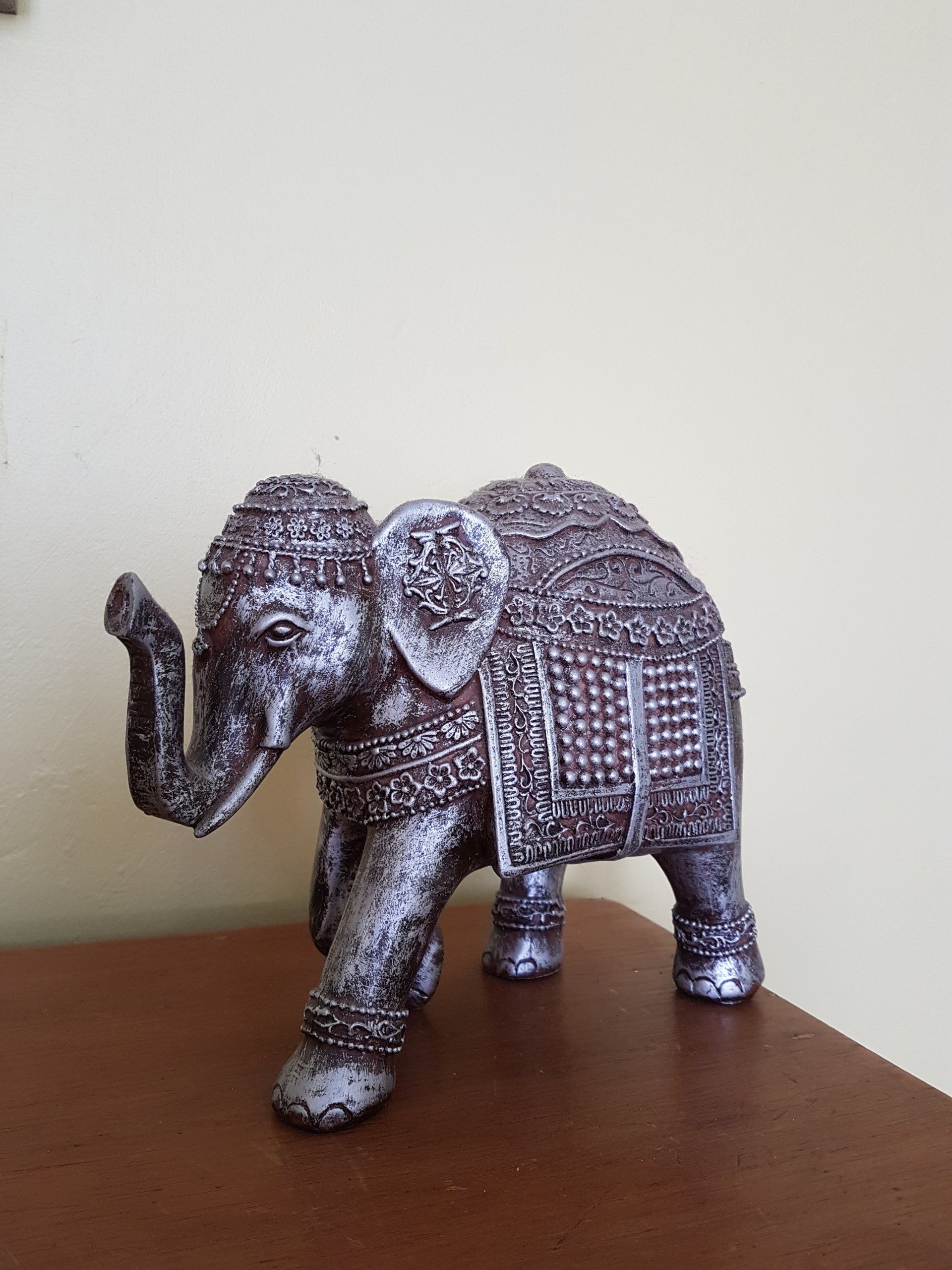The 12-Step Programme
The 12-Step Programme
The 12 Steps were created by the founders of Alcoholics Anonymous to establish guidelines for the best way to overcome an addiction to alcohol. The program gained enough success in its early years for other addiction support groups to adapt the steps to their own needs.
Every Recovery Starts with a Single Step
Every Recovery Starts with a Single Step
There are many 12-step programs for various addictions and compulsive behaviours, ranging from Cocaine Anonymous to Debtors Anonymous. All of these approaches use the same 12-Step principles and methods.
Although the 12 Steps are based on spiritual principles, many nonreligious people have found the program immensely helpful. The language emphasises the presence of God as each participant understands him, allowing for different interpretations and religious beliefs.
12-Step approach follows a set of guidelines designed as “steps” toward recovery, and members can revisit these steps at any time. The 12 Steps are:
- We admitted we were powerless over alcohol–that our lives had become unmanageable.
- Came to believe that a Power greater than ourselves could restore us to sanity.
- Made a decision to turn our will and our lives over to the care of God as we understood Him.
- Made a searching and fearless moral inventory of ourselves.
- Admitted to God, to ourselves and to another human being the exact nature of our wrongs.
- Were entirely ready to have God remove all these defects of character
- Humbly asked Him to remove our shortcomings
- Made a list of persons we had harmed, and became willing to make amends to them all.
- Made direct amends to such people wherever possible, except when to do so would injure them or others.
- Continued to take personal inventory and when we were wrong promptly admitted it.
- Sought through prayer and meditation to improve our conscious contact with God as we understood Him, praying only for knowledge of His will for us and the power to carry that out.
- Having had a spiritual awakening as the result of these steps, we tried to carry this message to alcoholics and to practice these principles in all our affairs.
The History of the 12 Step Programme
Alcoholics Anonymous (AA), the first twelve-step fellowship, was founded in 1935 by Bill Wilson and Dr. Robert Holbrook Smith. In 1946 they formally established the twelve traditions to help deal with the issues of how various groups could relate and function as membership grew. The practice of remaining anonymous (using only one's first names) when interacting with the general public was published in the first edition of the AA Big Book
If you would life more information or to talk to someone about your addiction, residential rehabilitation or to ask about our addiction counselling telephone (+44) 01253 800 364 or (+44) 0759 380 9574
or email
us














